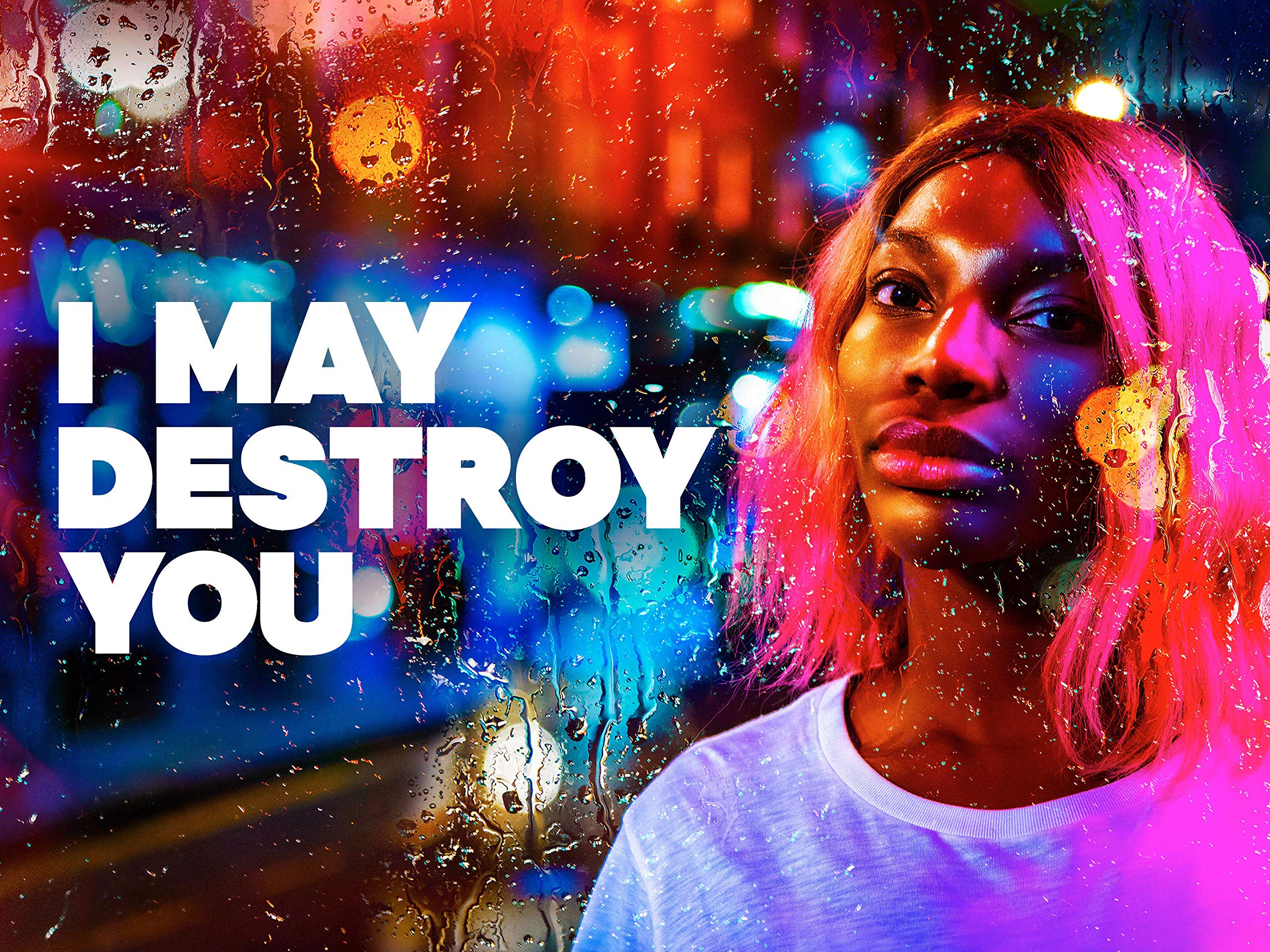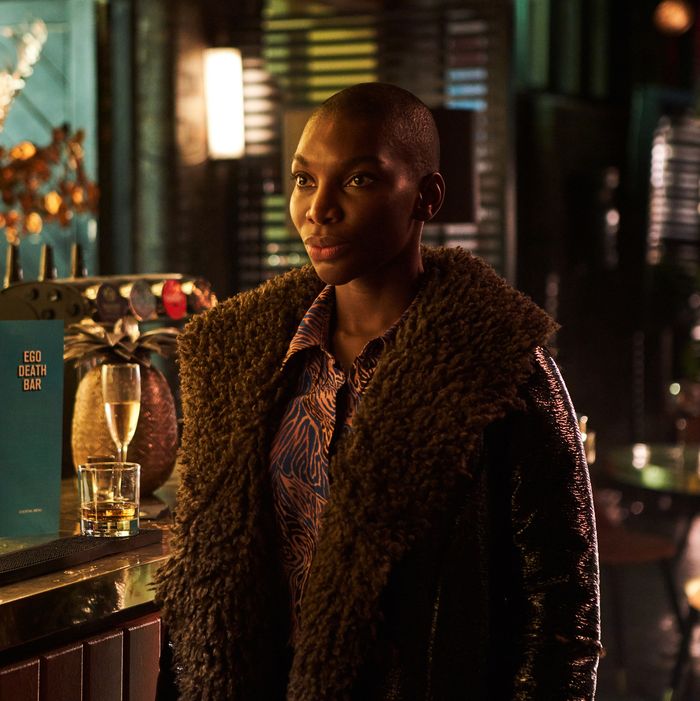


As Coel explained in a recent interview, “The show is calling for introspection.” Not everyone has survived rape, but we all have formative experiences to which we must either respond, ideally by growing into more self-aware versions of ourselves, or make the passive choice to repress and therefore stagnate. Before she acts, this emerging author needs to weigh every possible outcome, because she’s reached a crucial juncture in her life, and her decision will dictate the kind of person she becomes. So when the series’ penultimate episode ends with Arabella recognizing her rapist, it’s apparent that vengeance alone would make for a hollow resolution. Her approach to life shifts more often than her ever-changing hairstyle.Īnd yet, as the finale underscores, the stages she goes through aren’t linear or mutually exclusive they’re cumulative, even when they contradict each other. In the 11 episodes that follow, we meet many more Arabellas: the party girl whose friendships aren’t as solid as she thinks, the Me Too warrior, the social media influencer, the adult scarred by aspects of her childhood she’s blocked from her consciousness.

By the end of the premiere, she has been a pink-haired Londoner traveling to Italy to see a man who’s clearly not worth her time a goofball who conducts business calls while rolling a joint in the loo, with the door wide open an author who needs to submit the manuscript for her first book but can’t resist a night of partying at the bar with her friends and, finally, a young woman struck by the sudden realization that she was raped during that outing. The semi-autobiographical story of her character, Arabella, doesn’t zig-zag from incident to incident so much as it expands to absorb the fullness of her experience.


 0 kommentar(er)
0 kommentar(er)
